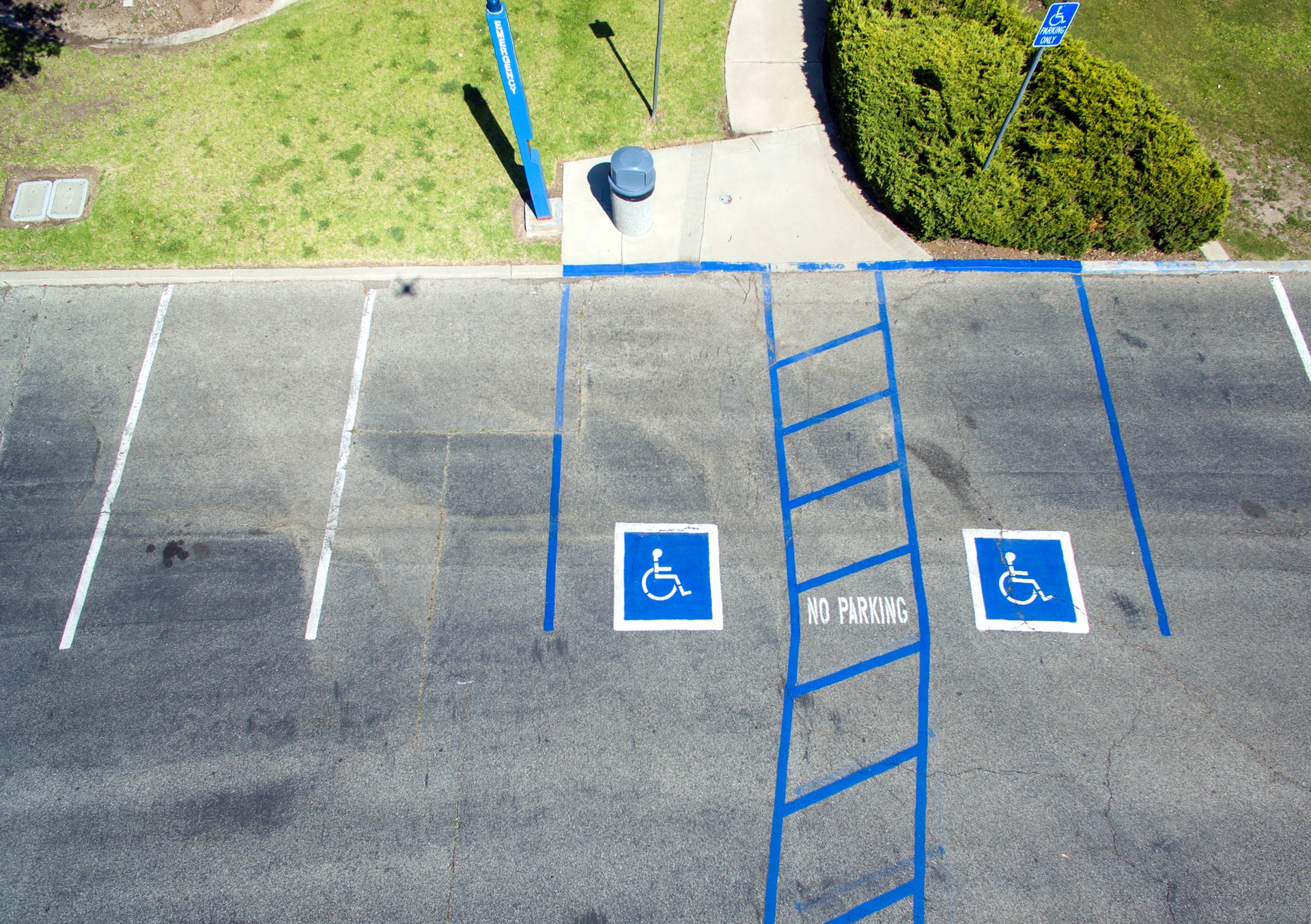According to the CDC's health-related surveying in 2017, 23% of adults in Washington State have some kind of disability. Making up nearly one in four adults, disabled applicants are highly likely to be encountered by anyone with a multifamily property in WA. As property owners and managers, providing reasonable accommodations to folks with disabilities is both our job and the law.
As a part of the Civil Rights Act, the Fair Housing Act was expanded in 1988 to include disabled people in protections around rentals, housing, and tenancy. This primer covers some of the basics as laid out by the Fair Housing Act (FHA) and a handful of situations you may encounter if you have multifamily property for rent in Seattle.
What constitutes “Disabled”?
Legally, a disabled person is someone with a physical or mental impairment which substantially limits one or more major life activities. In some cases, this will be obvious, like an individual using a wheelchair. Only in cases where these disabilities are not immediately apparent should you request proof of disability.
What kind of accommodations might I have to make?
These may include physical modifications to the property - such as addition of a reserved space in a shared parking lot - or may be changes to policies, like allowing service animals in a previous “no pets” area. Of course, accommodations have to be reasonable to implement.
A reasonable request would be hiring a sign-language interpreter during the application process. On the other hand, it would be unreasonable to demand a dog park is installed for a service animal.
Other examples of reasonable requests include:
- Adding railings, handles, or pull cords to existing features such as lights, doors, or walls. For items like these, it is important to discuss how the room will be returned to normal at the end of the lease and who will cover those costs
- Allowing a live-in carer for someone who requires round-the-clock support
- Installing ramps at doors and curbside
- Ability to apply for a ground-floor unit, so long as it does not require kicking out an existing tenant
This is not an exhaustive list, and local laws may vary depending if your property is in Renton versus Seattle for example. When in doubt, it's always advisable to discuss with a legal professional about your specific situation.
The team at Guide are experts in juggling local and national fair-housing requirements as well as dozens of other key considerations that will make or break your property investment. If you're ready to partner with Greater Seattle's premier property management team, contact us today.


